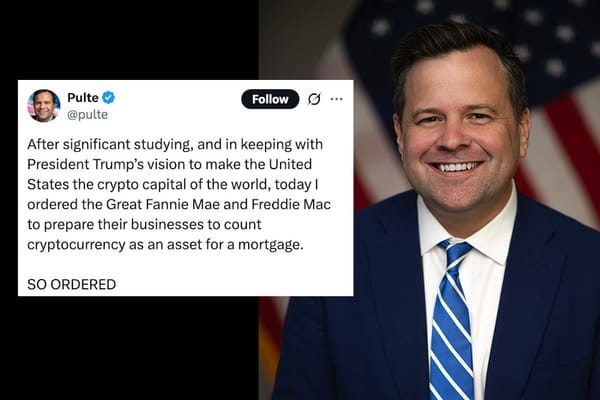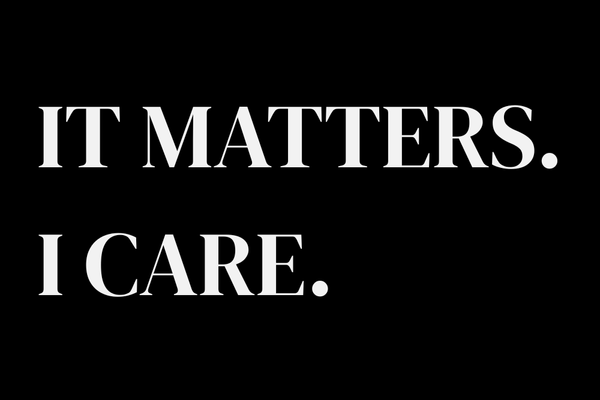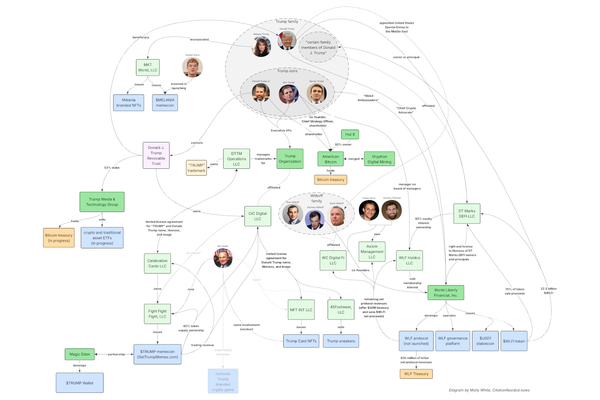When did cryptocurrency policy become a voter issue?
I don’t believe that it has.


Donald Trump announcing to raucous applause from a roomful of bitcoiners his new campaign promise that “on day one, I will fire [SEC Chairman] Gary Gensler” and install “people who love your industry” to “write the rules”.1
Rumors that Kamala Harris’s campaign is contacting cryptocurrency companies, seeking a “reset” in the relationship between Democrats and the industry.2a
Congressional hopefuls adding to their platforms unexpected promises about supporting “blockchain innovation”.
Especially combined with the broad perception among everyday people that cryptocurrency is a years-old fad that died off somewhere between NFTs becoming cringe and FTX exploding, I’m seeing a lot of confusion: when did cryptocurrency suddenly become a major issue for US voters?
I don’t believe that it has.
So far, the industry has had some undeniable success in making cryptocurrency a conversation topic in this election, grabbing the attention of politicians and their campaign strategists primarily through the massive political spending coming out of the industry. It’s certainly been enough to cause Trump — who described Bitcoin as “a scam” only three years ago3 — to make a U-turn on his position.
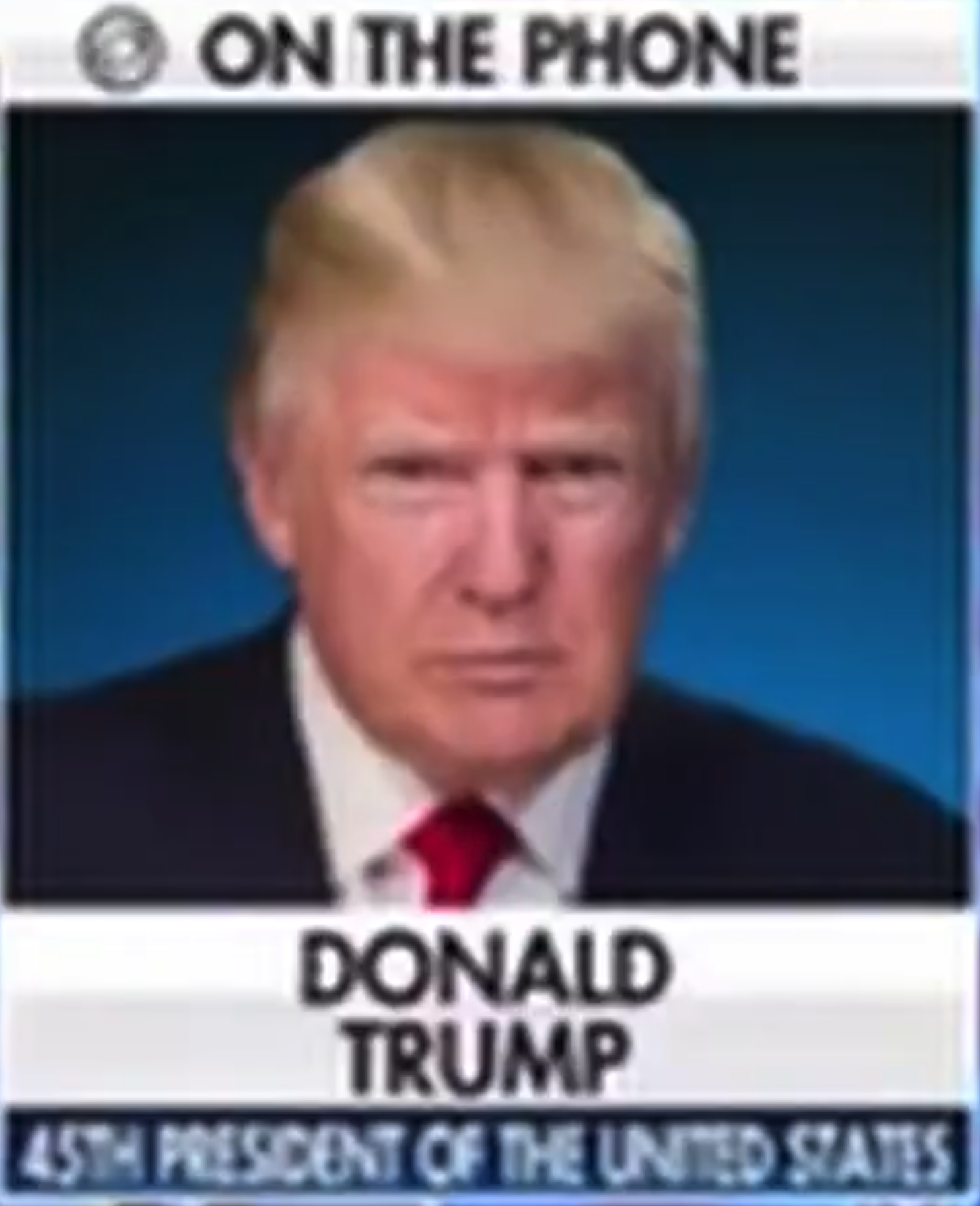
And at the more local level, Congressional candidates are squabbling about cryptocurrency in front of their sometimes baffled constituents, as the industry has shown willingness to pour millions of dollars into races where a candidate looks like they could be an ally.
But headlines are not votes, and it’s not clear these conversations are actually helping politicians. Even among crypto advocates, there are murmurs about politicians pandering to them without understanding or caring about the topic, and some have remarked on the irony of prominent figures in a supposedly anti-establishment group going all-in behind various members of the establishment. Outside of crypto, some among the 69–75% of Americans who view crypto negatively or distrust itb are watching with disgust as politicians appear to sell out in hopes of receiving a sliver of the more than $180 million the industry has raised for political spending so far.4
The story
In addition to all the spending, the cryptocurrency industry has been working overtime to sell a story: that there is a large contingent of voters who will be strongly factoring in candidates’ crypto policy stances when they vote in the upcoming elections.
It’s hard to tell from the outside whether the politicians who’ve taken a sudden interest in the topic are mostly just interested in obtaining access to the very large pool of funds, or if they’re actually buying the story. But it does seem that the story has gained some traction.
The problem is: it’s a story that does not seem to be well supported by data.
Most of the data around voter opinions on cryptocurrency comes from industry-funded surveys, which makes it challenging to get a proper view into the topic. The most recent and comprehensive is an April 2024 survey funded by the Digital Currency Group and published by the crypto lobbying group The Blockchain Association. It was performed by The Harris Poll: not an unknown entity, at least, but one with a middling 1.6 out of 3 stars confidence score in 538’s pollster ratings,5 and one that has earned criticisms for flaws in another recent survey.6
The DCG report is not shy about aiming its messaging directly at politicians, trying to convince them of a crypto voting bloc that a) exists and b) overlaps with demographic groups that politicians are often more aggressively trying to win over.
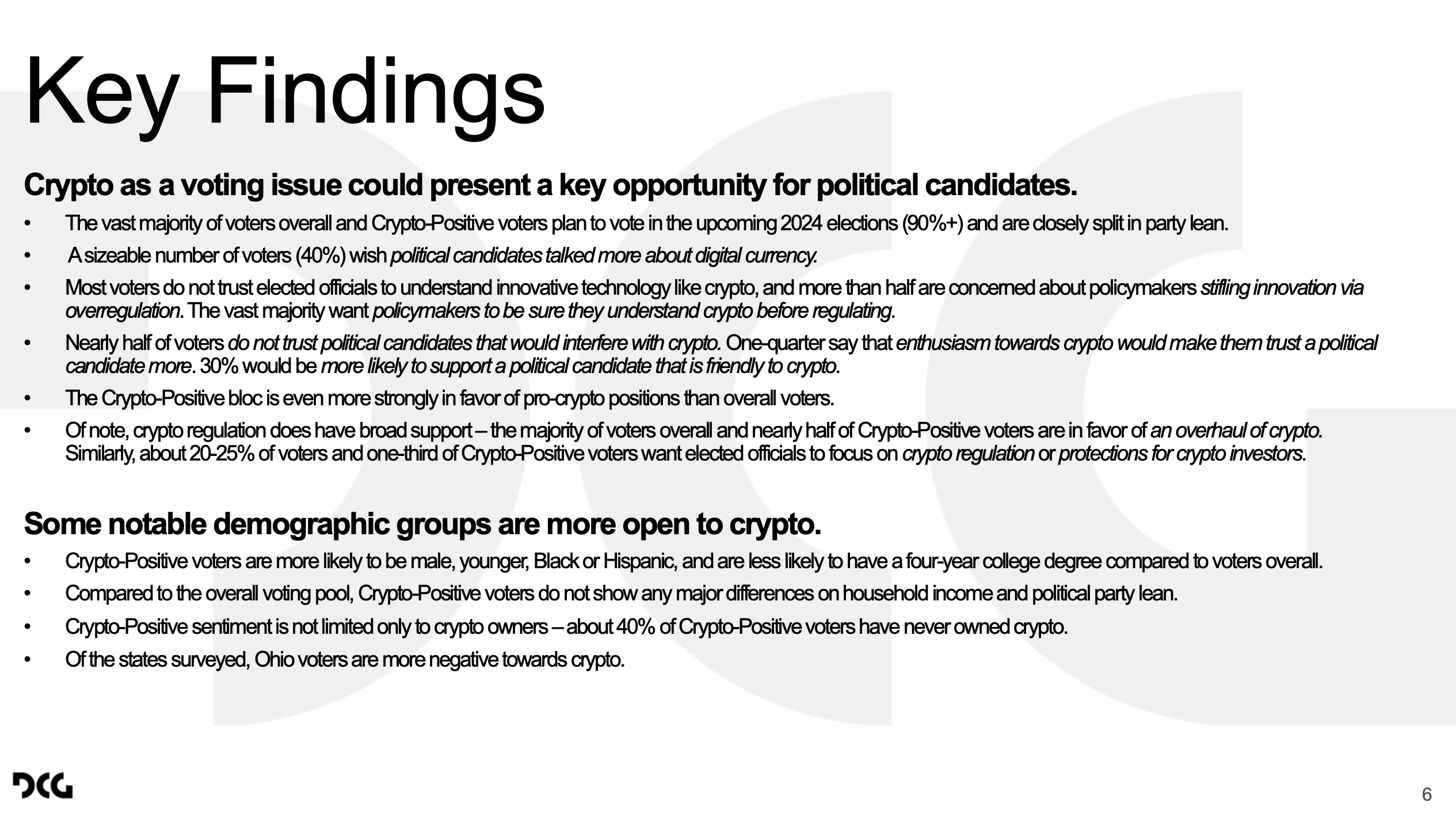
A glance at the survey design quickly reveals the story the industry was hoping to tell with the results, asking respondents to agree or disagree with statements like “Crypto is more equitable than the traditional financial system” and “Crypto represents a new way towards financial security and prosperity”.
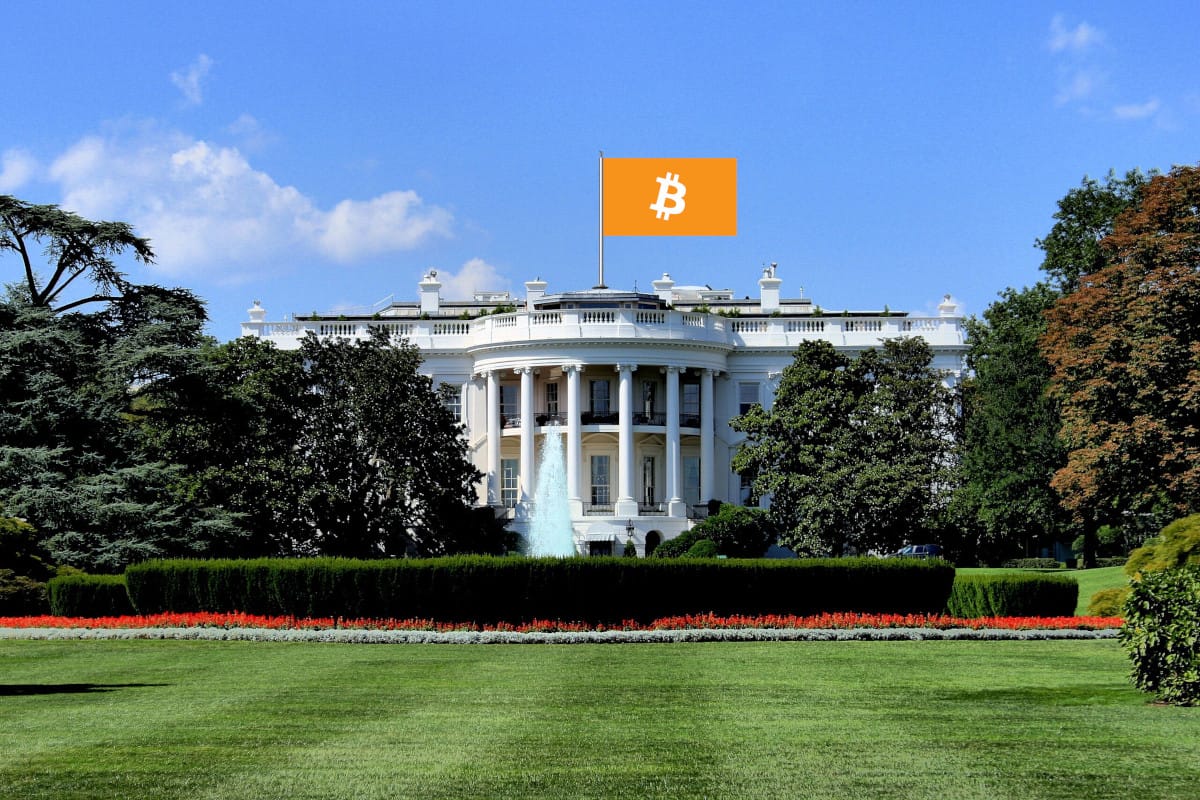
I go into more detail on survey questions in a previous issue of this newsletter
Even more profound are the kinds of questions that were not included, which could have provided a clearer (but perhaps unwanted) view of voters’ actual beliefs. While the poll invited respondents to agree or disagree with the statement: “Crypto is a major issue I’m considering during the next election”, they failed to distinguish between respondents who viewed crypto negatively or were hoping for stricter regulations, and those who might support crypto-friendly candidates. There were no questions inquiring about how people prioritized cryptocurrency alongside other common election issues. There were no questions aimed at determining if a respondent might be willing to overlook other policy disagreements, or partisan alliances, if a candidate aligned with them on crypto.
Furthermore, the summary of survey results betrays the industry’s attempt to present this seemingly manufactured narrative. Without digging into the numbers, the survey summary seems to support the industry’s story that there is a sizable group of voters — in swing states, no less! — looking for any crypto-friendly candidate they can support. The numbers, on the other hand, reveal that 69% of the survey respondents held a negative opinion of cryptocurrency. And nowhere does the survey mention that out of the 252 people who responded that “crypto is a major issue I’m considering during the next election”, 100 of them held a negative opinion of the asset class.
“52 million Americans own crypto”
The American cryptocurrency exchange Coinbase, which is behind the Stand With Crypto advocacy group and super PAC [I62], loves to trot out the figure: “52 million Americans own crypto”. This would suggest that more than 20% of adult Americans hold crypto. Other even higher figures have been presented, including those as large as 100 million — or more than 1/3 of the adult population. The thinking goes: if such a large proportion of Americans own crypto, surely they will support crypto-friendly candidates at the ballot box.c
The number is, however, highly dubious.
The 52 million figure comes from a 2023 Coinbase-funded survey by Morning Consult that dramatically contradicts other surveys, such as a report from the Federal Reserve7 that found that only 7% of adultsd had engaged in any use of cryptocurrency that year (including buying or holding), and, furthermore, that that figure was shrinking. The Fed survey also notes that their number may skew high because the survey was conducted online.
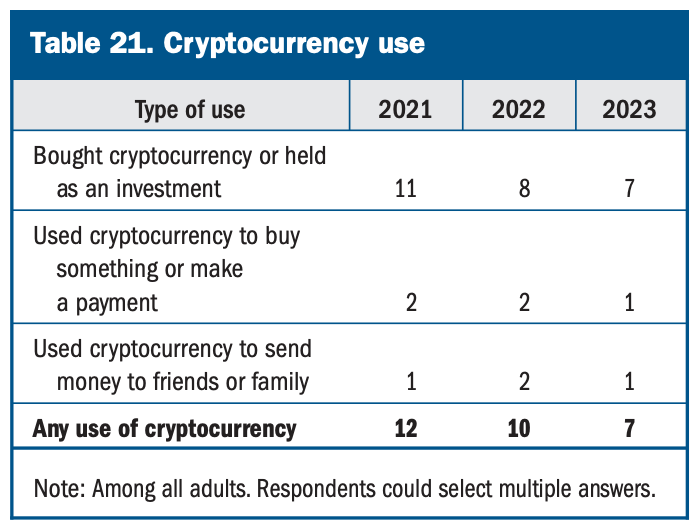
Statistician David Marker recently opined in an interview with Jake Donoghue:8
This survey has not provided enough information to refute claims of it being low quality and spurious. [Morning Consult] hasn’t presented evidence to make you feel comfortable… with a survey which was funded by an organization which would like and benefit from these results.
Marker then noted his concerns that there may have been a serious sampling flaw in Morning Consult’s survey that, if it exists, would invalidate the numbers entirely. Though Donoghue was able to discuss the survey with Morning Consult, they stopped responding when he asked about their sampling and methodology, and never responded to his follow-up inquiries.
A reality check
While there is certainly a group of cryptocurrency industry figures and crypto holders who are prioritizing above all else their hopes for a change in the federal regulatory posture towards the cryptocurrency industry, it seems to be a small (if loud and wealthy) one. Many of these people already held political beliefs that aligned well with the candidates who are coming out most vocally in support of cryptocurrency, whether it’s Vivek Ramaswamy, Robert F. Kennedy Jr., or, now, Donald Trump.
But it is also important to separate the bitcoin billionaires and the wealthy executives in the cryptocurrency industry from the much larger group of people that industry is claiming are mobilizing on their behalf. As I noted a few weeks ago:
it's interesting to me that even some on the more ideological end of crypto see billionaire executives and VCs spending money on politicians and go "yes, good, they're fighting for me" https://t.co/s9d27Xxf1F
— Molly White (@molly0xFFF) July 13, 2024
While some have indeed chosen to align with those executives, either believing what they say about fighting for broad crypto freedoms or in apparent hopes of trickle-down policies that will benefit them too, others recognize that executives fighting to install politicians they think will help their businesses are well divorced from their own interests. Even some of the wealthy and powerful in the space, such as Ethereum co-founder Vitalik Buterin, have noted that the industry’s priorities seem misplaced, focusing far more on money than on related and important political issues around freedom and privacy that the industry claims to champion.9
The average cryptocurrency holder — those people who make up the majority of the “52 million” or “18 million” or whatever the actual number of holders may be — is not likely to be a single-issue voter. Many people who hold crypto — a group, I will note, of which I am a part!e — probably don’t identify as crypto advocates at all. They’re worried about the climate, or their right to own firearms, or the safety and support of transgender people, or the various wars and genocides playing out across the globe with the support of the United States, or reducing corporate taxes, or their ability to obtain an abortion or retain access to contraceptives, or access to school vouchers, or any of the many other issues that factor in when people choose which candidates to support and oppose.
Because we are wanting for any proper survey data, I am left to merely hazard an informed guess that few crypto holders (self-identified advocates or otherwise) are willing to set aside all of their other political beliefs and priorities in favor of a candidate’s crypto stance. Regardless of the caricatures that have emerged, most cryptocurrency holders are pretty normal people, with nuanced political beliefs and hopes for the future that go far beyond the tokens they hold in their digital wallets.
Footnotes
In a piece about how the cryptocurrency industry is trying to shift the narrative, it would be foolish of me to not point out that many of the rumors about Kamala Harris’s reported openness to the cryptocurrency industry seem to be coming out of the industry itself. The Financial Times report about the “reset” only cites “people with knowledge of the matter” and does not specify if they are among Harris’s campaign team or the people within the industry with whom she is reportedly having conversations. ↩
The April 2024 DCG-funded survey I mention later found that 69% of respondents had a “very/somewhat negative” perception of crypto.10 A Pew Research survey from March 2023 found that 75% of respondents were “not very” or “not at all confident” in the reliability/safety of crypto.11 ↩
This itself is questionable, given that most people engage in a wide variety of activities that do not each make them single-issue voters on each of those activities. Furthermore, most people who own crypto own relatively small amounts of it, as I’ve noted in a previous newsletter, and are not likely to be prioritizing their crypto holdings above all other concerns. ↩
7% of American adults amounts to roughly 18 million people. ↩
I mention this mostly to highlight that the people who replied “yes” to survey questions about crypto ownership are not entirely — or perhaps even mostly — die-hard crypto aficionados. It contains some people who purchased crypto out of passing curiosity and then forgot about it, obtained some just to experiment with or for learning purposes, or received some largely by accident thanks to various companies’ promotional campaigns. ↩
References
“Trump Pledges to Fire Gensler, Hire People Who ‘Love’ Crypto”, Bloomberg. ↩
“Kamala Harris campaign seeks ‘reset’ with crypto companies”, Financial Times. ↩
“Donald Trump calls Bitcoin ‘a scam against the dollar’”, BBC. ↩
Total amount raised as of July 29, 2024. Follow the Crypto. ↩
“538’s Pollster Ratings”, 538. ↩
“Harvard Should Break up With the Harris Poll”, The Harvard Crimson. ↩
“Economic Well-Being of U.S. Households in 2023”, Board of Governors of the Federal Reserve System. ↩
“Smear campaigns and false narratives: how the crypto lobby seeks to influence US politics”, Jake Donoghue. ↩
“Against choosing your political allegiances based on who is ‘pro-crypto’”, Vitalik Buterin. ↩
“Crypto Attitudes in Swing States”, DCG and Harris Poll. ↩
“Majority of Americans aren’t confident in the safety and reliability of cryptocurrency”, Pew Research. ↩


